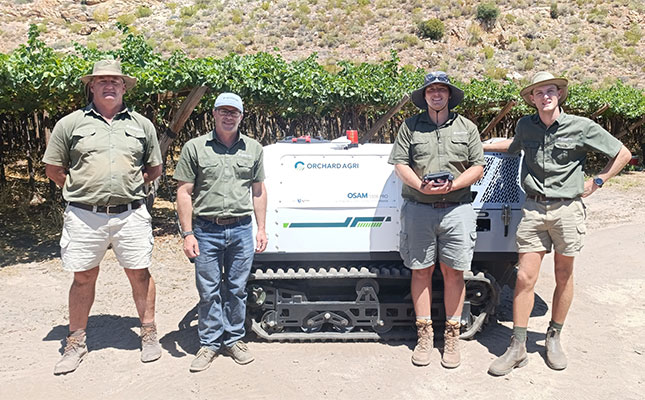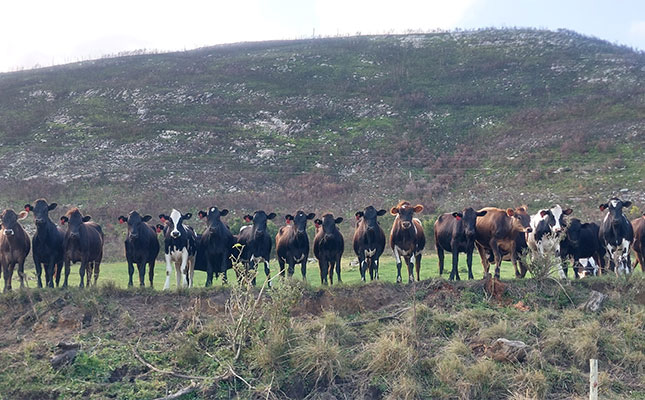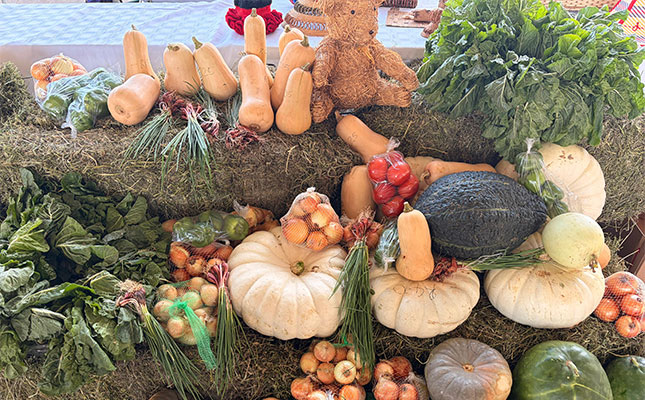The implementation of black economic empowerment (BEE) in agriculture is still not moving forward. The long awaited AgriBEE Sector Charter was gazetted in March this year, but since then there has been no word from the Department of Agriculture on the appointment of a charter council or the formulation and promulgation of an Agricultural Sector Code, which would have the same binding status as the BEE Codes of Good Practice.
This while the corporate world has been fingered as falling behind in compliance. A survey conducted by KPMG across major local industry sectors over the last 12 months shows an overall regression on the scorecard. Compared to the previous year’s results the recent survey shows a 20% decline in compliance in areas of ownership, preferential procurement and skills development. ccording to Rudolph Abercrombie, the acting director for business and entrepreneurial development at the Department of Agriculture, the minister of agriculture is expected to appoint a charter council “any day now”.
He admitted the delay in the process is making it difficult for farmers to who want to start implementing policy. “There are also still problems around awareness and people often phone us to ask for advice,” he said. “The general principles of also apply to agriculture.” W ith reference to the KPMG survey, Abercrombie said that as soon as the first round of compliance is implemented over the whole of the economy, participants will see the effects of compliance and the system will work better. B ut according to Agri SA deputy executive director Johan Pienaar the Agricultural Sector Charter looks very different from the sector charters in the rest of the economy. “We don’t know how to advise farmers on how to start implementing as the Sector Code might look totally different,” explained Pienaar.
“I can’t advise people to just use the generic Codes of Good Practice.” He said many farmers are already making an effort to implement elements of BEE, but their task is made difficult by the lack of guidelines from government. “Empowerment is part of our strategic plan for agriculture,” said Pienaar. “We just need to know the rules of the game, but the agricultural coach doesn’t want to tell us.” Agri SA has nominated Pienaar and its president Lourie Bosman to serve on the minister’s charter council. “This shows we do support the process and want to be part of it,” added Pienaar.
Hennie van Zyl, the general manager of TAU SA, said he’s still worried about the impact of on the agricultural sector. “We have asked from the beginning that scientific impact studies be done,” said Van Zyl. He warned that higher product prices over the past year might have moved the annual turnover of many farmers closer to the R5 million threshold under which they are exempt from provisions in the Sector Charter. This would result in more farmers being affected by BEE. Before the Sector Code was finalised the Department of Agriculture wanted the threshold to be R1,5 million which would have included 80% of SA farmers. “We’re afraid government’s efforts are tarnishing the image of agriculture as a good sector to work and invest in,” added Van Zyl. – Drieka Burger
Get trusted farming news from Farmers Weekly in Google Top Stories.
➕ Add Farmers Weekly to Google ✔ Takes 10 seconds · ✔ Remove anytime






